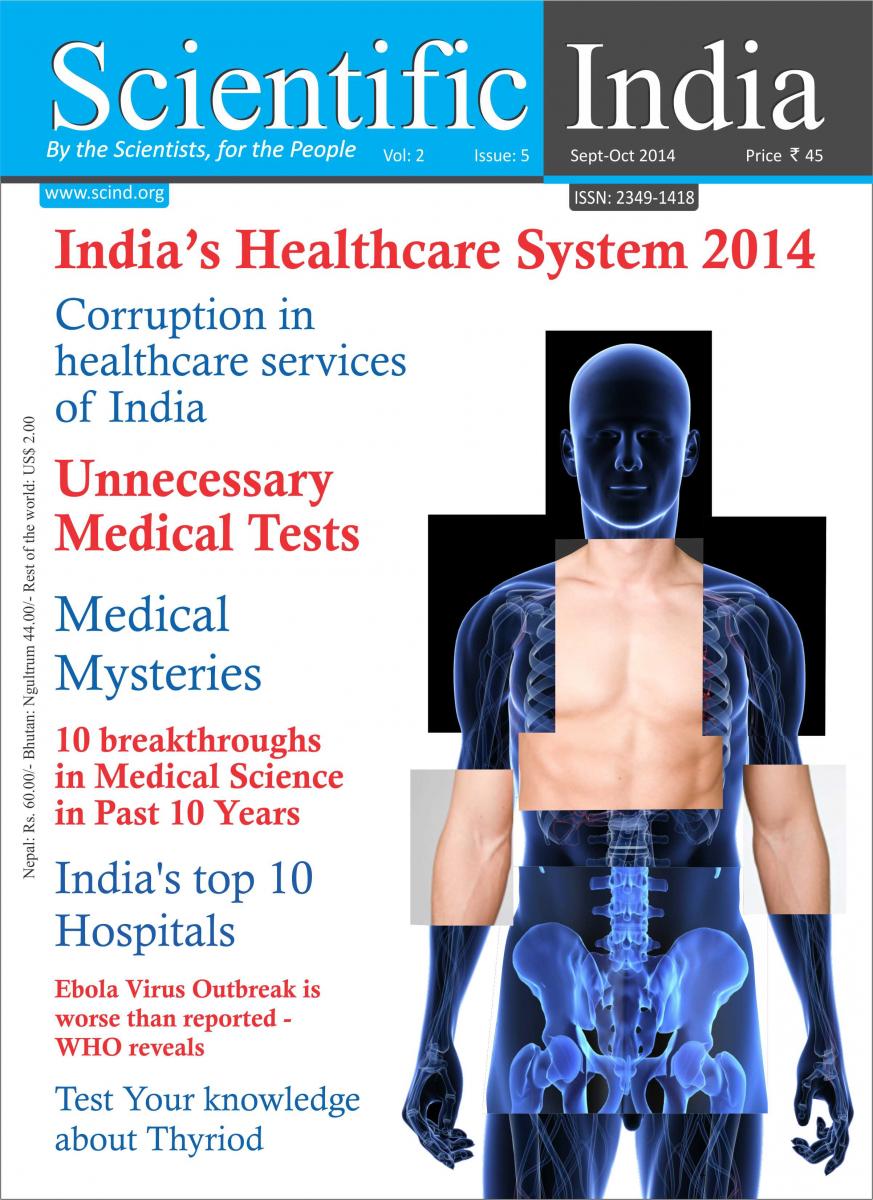Implications of bacterial multi-metal tolerance for mitigation of heavy metal pollutants from wastewater

Department of Environmental Monitoring and Forecasting, Ecological Faculty, RUDN University, Moscow, 117198, Russia
This study presents the determination of multiple heavy metal tolerance in bacteria and its efficacy in bioremediation of heavy metal pollutants from wastewater. The objectives involved analyses of heavy metals (Cd, As Hg, Cu and Co) using ICPMS in industrial wastewater samples. This was followed by the isolation of bacteria tolerant to heavy metals and in vitro adaptation for discrete heavy metals environment in minimal media. The ICPMS data revealed that the selected bacterial isolates were quite efficient in mitigation of the pollutant heavy metals. A reduction of approximately 55% was recorded for Cd. Lower reductions for As were recorded i.e., up to 29%. Reductions upto 45%, 53% and 57 % were recorded for Hg, Co and Cu respectively. The results indicate that the efficiency of a particular bacterium in removing different heavy metals from the same wastewater sample varies. Also, the potential in removing a particular heavy metal by the different bacteria also varies. The statistical analyses of the bioremediation experiments clearly indicate that bacteria can effectively remove heavy metals from industrial wastewaters under laboratory conditions.
KEYWORDS: Heavy metal tolerance; ICPMS; Maximum Tolerable Concentration (MTC), Bioremediation; multi metal tolerance; Microbial Bioremediation
